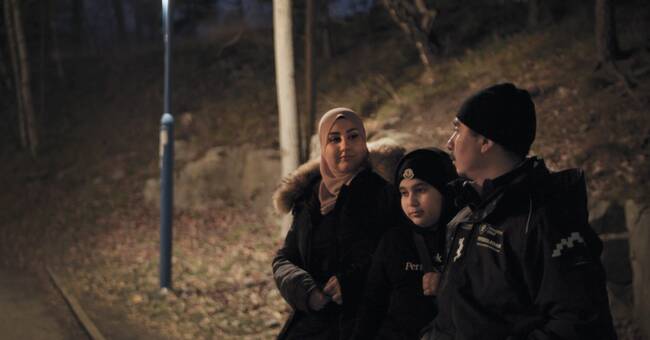In the last three years, just over 1,000 shootings have taken place in Sweden.
Many of them are gang-related and most take place in so-called vulnerable areas.
In addition, there is an increase in shootings in public places - where children and young people are.
According to SVT's compilation, there were 278 shootings in the country from January to October this year.
Nearly half of them, about 130, took place between 07 in the morning and 21 in the evening.
One of the most affected areas is Järva in western Stockholm - so far 22 shootings have taken place here this year.
That means almost two a month.
In February, Save the Children took over the operation of House of Tensta, one of the large leisure centers in the area, and since then, in collaboration with the district administration, they have offered everyone who works with children and young people courses in TMO - trauma-conscious care.
"Supportive and reassuring adult"
TMO is an education that Save the Children originally developed to help children in conflict areas but has been used in Sweden since 2015.
- These leisure leaders are not psychotherapists or psychologists and can not offer treatment, but they can be supportively important adults, says Sanna Elmquist who works as a psychologist and trauma educator for Save the Children.
According to the leisure leader Franco Rodriguez Marin, who works at the Tech Tensta leisure center, at least 80 percent of the young people there have experienced a shooting up close.
And he himself has taken care of young people on several occasions during shootings.
- Among other things, we have learned to stay calm and make sure to be a very supportive and calming adult and that is what I try to be in connection with in those situations.
Problems with food and sleep
According to Sanna Elmquist, it can make a big difference that there are "important adults" who know how to behave and who can see the children's needs in connection with the shootings.
Among other things, young people can have problems with sleep, food and concentration or, in the worst case, turn off their emotions to deal with anxiety and fear if they do not receive help to manage their experiences in time.

